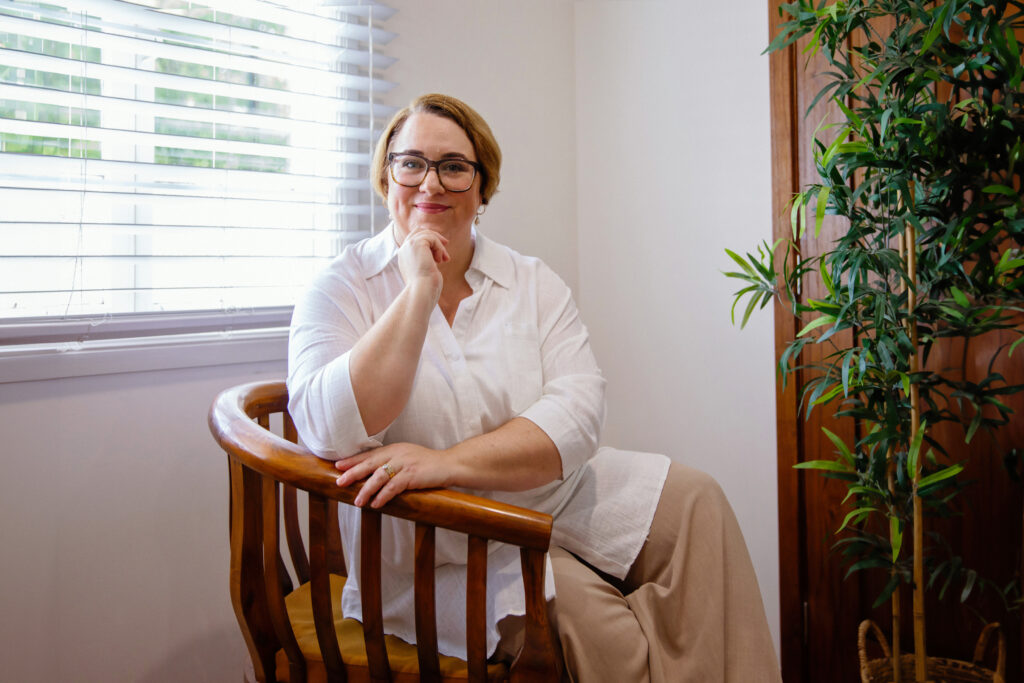Writing Someone Out of a Will: What Queenslanders Need to Know
In many families, estate planning is a sensitive topic. One of the most emotionally charged decisions a person can make is writing someone out of a will. Whether the decision is due to estrangement, financial reasons, or family conflict, it’s important to understand how Queensland succession law treats these choices — and to separate fact from fiction.
At Ryder Lawyers, we often advise clients throughout Logan and surrounding areas on how to structure a legally sound will that reflects their true intentions. If you’re considering excluding a family member from your will, here are the most common misconceptions we see — and what the law actually says.

Misconception 1: “It’s my will — I can leave my estate to whoever I want.”
While this is mostly true in principle, the reality under Queensland law is more complex.
In Queensland, certain people — known as eligible family provision applicants — have a legal right to challenge your will if they feel they have not been adequately provided for. These people typically include:
Your spouse (including de facto partners)
Your children (including adult children and stepchildren in some cases)
Anyone financially dependent on you at the time of your death
This means that even if you leave someone out of your will entirely, they may still make a family provision claim against your estate. The court can override your wishes if it finds that the person should have received “proper and adequate provision.”
Key takeaway: You can write someone out of your will — but you need to do so thoughtfully, with legal advice and proper documentation.

Misconception 2: “If I say in my will that I don’t want them to get anything, that’s enough.”
Simply stating that you wish to leave someone out of your will doesn’t prevent them from making a claim.
In fact, vague or emotionally charged language in a will — such as “they don’t deserve anything” or “they never visited me” — can sometimes backfire. It may provoke a claim or give the appearance of undue influence or lack of testamentary capacity.
Instead, we recommend working with a Queensland wills and estates lawyer to:
Provide clear reasoning in a separate statement of wishes
Review whether the person is eligible to contest
Consider alternative strategies (e.g., lifetime gifts or trusts)
This ensures your will is more likely to withstand scrutiny if challenged.
Misconception 3: “They’re an adult now, so I don’t have to leave them anything.”
While adult children are no longer legally dependent, they’re still considered eligible applicants under the Succession Act 1981 (Qld).
The court doesn’t automatically grant them a share of the estate — but it will consider:
Their financial situation
Their relationship with you
Any moral obligation you may have had
Contributions they may have made to your property or care
If you have an adult child you wish to exclude, legal advice is crucial. You’ll need to show that they’ve been adequately provided for elsewhere — or that there are compelling reasons for exclusion.
Misconception 4: “If I leave them $1, they can’t say I didn’t include them.”
This old chestnut persists — but it’s a myth.
Leaving someone a “token” amount, like $1 or $10, doesn’t prevent them from contesting the will. In fact, it may actually strengthen their argument that they were entitled to more. The court can still determine that the amount left was insufficient and make a new order.
The better approach? Have a strategy supported by legal reasoning and evidence — and ideally, seek legal advice while you’re still alive to ensure your wishes are protected.

Misconception 5: “A DIY will kit is good enough.”
DIY wills are risky, especially when you’re dealing with complex family dynamics or the intention to exclude someone.
Mistakes in DIY wills — such as unclear wording, unsigned documents, or a failure to revoke old wills — can lead to expensive legal disputes or your wishes being ignored altogether. Courts in Queensland have overturned poorly drafted DIY wills, often due to a lack of proper witnessing or ambiguous terms.
At Ryder Lawyers, we’ve helped many families resolve issues caused by DIY wills — and we’ve seen firsthand the emotional toll and cost that can result.
Pro tip: If you’re considering writing someone out of your will, a DIY kit simply won’t cut it. You need personalised legal advice.
So, What Can You Do to Protect Your Wishes?
If you’re thinking about writing someone out of your will in Queensland, here’s how to approach it safely and effectively:
Get legal advice early from a Queensland succession lawyer.
Identify any potential claimants under the Succession Act.
Document your reasoning in a separate letter of wishes — but don’t include it in the will itself.
Consider financial settlements or gifts during your lifetime to avoid future disputes.
Update your will regularly to reflect changes in your circumstances.
Final Thoughts
Writing someone out of a will is a deeply personal decision. But it’s not as simple as striking out a name or giving them $1. Queensland succession law aims to balance testamentary freedom with fairness — and without the right legal advice, your carefully considered plans could be undone after you’re gone.
At Ryder Lawyers, we can help you draft a will that reflects your wishes and gives you peace of mind. Whether you’re in Logan, Ipswich, the Gold Coast, or greater Brisbane, we’re here to guide you through Queensland’s estate planning laws with compassion and clarity.
Ready to protect your legacy?
Contact Ryder Lawyers today for experienced advice on writing someone out of a will in Queensland.
how to conNECT WITH us
FOR NEW CLIENTS
Get in Touch
Reach out to us by phone on (07) 3709 1330 or book a call-back from a lawyer at a time that works for you. Our expert team is ready to listen and to start the conversation about how we can work together.
Free Family Law Consultation
We offer a no-obligation, free 15-minute phone consultation for all new Family Law clients to discuss your situation. Let’s work out if we are a good fit for you, and discuss your options. How can we help?
Legal Advice Appointments
Book a legal advice appointment at our Daisy Hill office. A lawyer will answer your questions, give you advice about your rights and options, and plan a way forward. Legal advice appointments attract a fee of between $275 and $880. Call us on (07) 3709 1330 or request a call-back to schedule.




